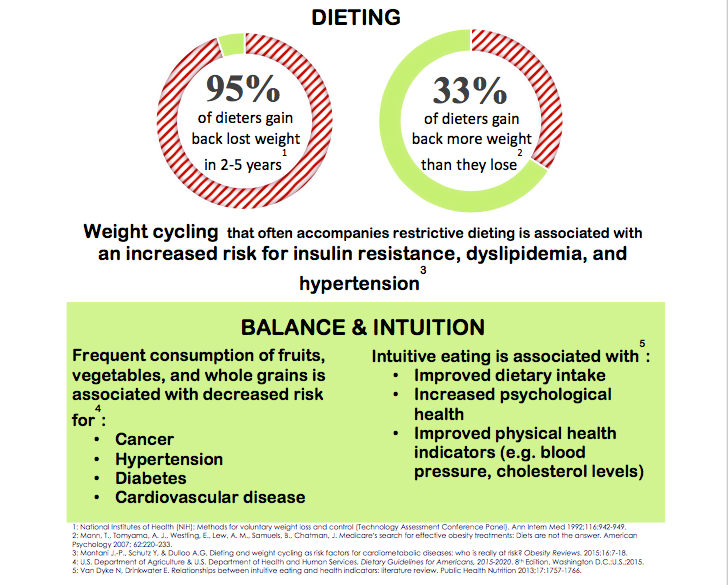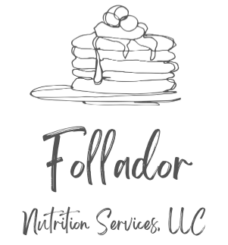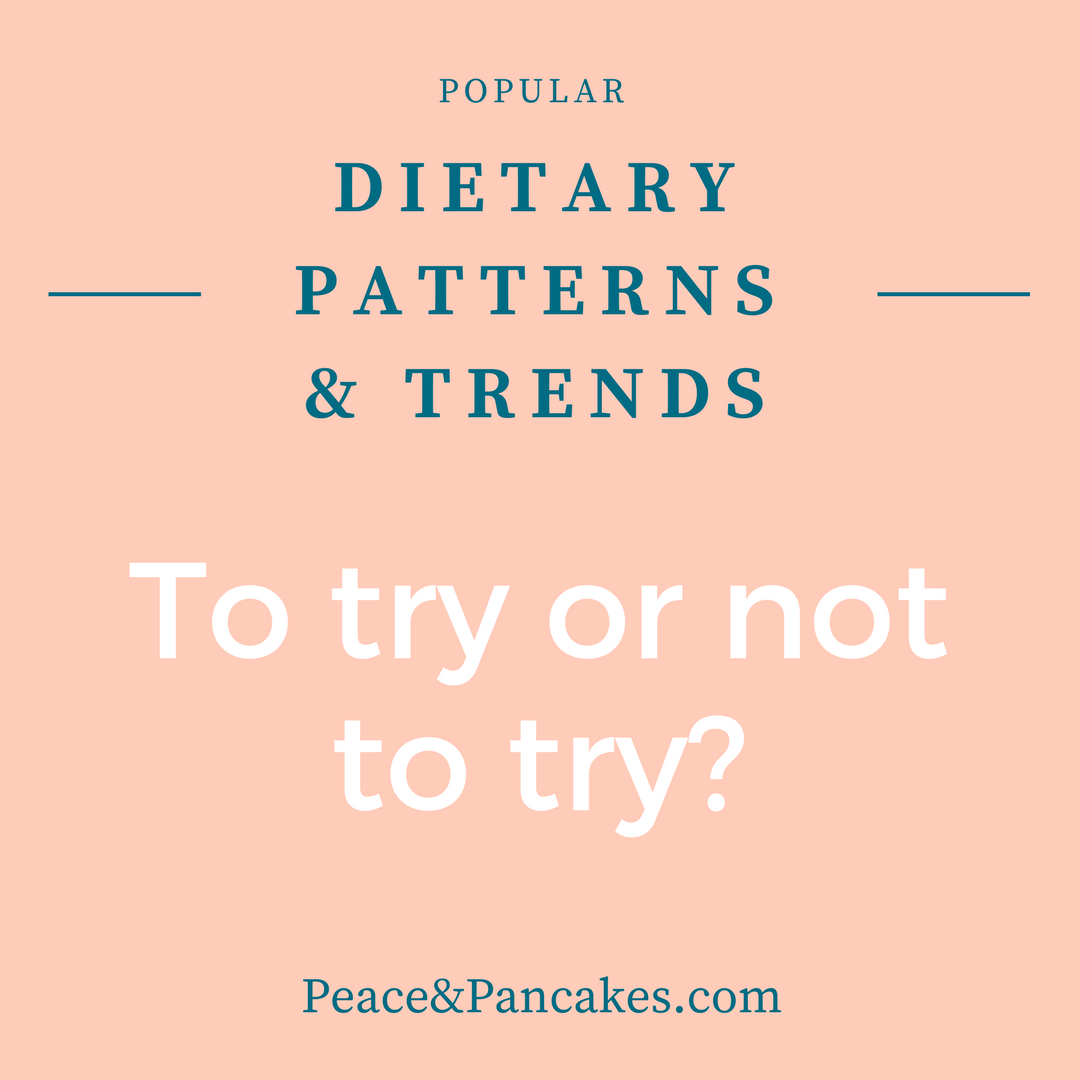’Tis the time of year for New Year’s resolutions! Surveys show again and again that some variation of “eating better” is usually one of the most common. As a dietitian, I support this aspiration — I want to help people change for the better through their food choices. However, I also know (both through my training and as a human being) that a lot more goes into a healthy diet than just the food you eat. Nutrition is a science, but eating is a behavior, and thus not every intervention works for every person.
Because of this, I was trained to individualize dietary interventions based on a variety of factors, including but not limited to:
- Age
- Activity level
- Food preferences
- Medical history
- Nutrition knowledge
- Budgetary constraints
- Cooking skills
Sometimes this involves just helping people understand what to eat, but it often also involves troubleshooting what gets in the way of implementing changes. With so much nutrition misinformation available in today’s world, one roadblock to positive change is considering foods “good” or “bad“ and consequently implementing dietary restrictions that aren’t warranted by a medical reason. This usually leads to unnecessary stress surrounding food. Research also shows that food restriction often results in bingeing, which derails progress.

Are you considering making a dietary change this New Year? If so, how do the dietary trends and patterns you learn about on websites, blogs, and social media posts live up to the hype? Does science truly support their efficacy?
Look no further – registered dietitians (RDs) and dietetic interns have done the work for you! They’ve researched today’s popular dietary patterns and trends using both mainstream and scientific resources. After compiling the research, each #RD or #RD2be gave the diet a grade based on whether it appears to hold up to the hype. A = “yes, go for it!” and F = “no way, absolutely not!”
Evaluations of dietary patterns/trends will be posted throughout the month of January. Keep checking back to learn about our scientific evidenced-based opinions before making any drastic changes to your diet this New Year!
Why should I trust a dietitian?
No, we won’t always tell you what you want to hear, but we will tell you what the science says. While anyone can label themselves as a nutritionist (whether they received rigorous training or took an online course in nutrition), registered dietitians must complete an accredited undergraduate program in nutrition and a dietetic internship. This internship program usually lasts about a year and requires at least 1200 total hours of supervised practice in clinical, food service, and community nutrition. In order to keep our credentials, we must also obtain 75 continuing education credits every five years. Through all of this training and education, dietitians learn to provide evidenced-based advice – meaning we won’t give recommendations that aren’t supported by quality science. In a nutshell: we got you. 🙂

